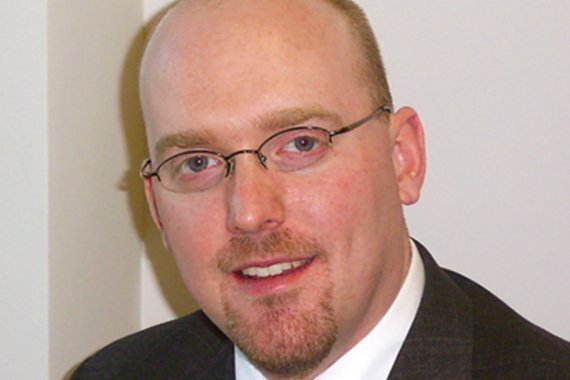


Battle 1: Dodd-Frank and Regulatory Relief





Battle 2: Changes to CFPB


Battle 3: Anti-Money-Laundering and Cybersecurity

Battle 4: Housing and the GSEs













Circle's Dante Disparte and Block's Owen Jennings discuss how blockchain, crypto and AI can combine to open new lanes for international commerce. Payment experts say banks need to play catch up.
Congress' recent ban on nearly all forms of intoxicating hemp products signals a sharp political turn away from rescheduling, making the prospects for cannabis banking reform even more dim than they already were.
After two successful international expansions, Junqueira aims to bring Nubank's products to U.S. consumers even as the neobank faces strong competition from U.S.-based banks and fintechs.
While banks welcome the "whole-of-government" approach that led the effort, private sector takedowns remain difficult without federal warrants.
A group of European banks have formed Qivalis, which expects to launch its coin in early 2026 as a counter to the U.S. dollar-led market. Plus, Singapore regulators give Ripple permission to expand and other news in the global payments and fintech roundup.
Treasury Secretary Scott Bessent said the Federal Reserve Board should reject the renomination of any regional Federal Reserve Bank presidents who have not lived in their districts for three years, signaling a potential confrontation when reappointments come before the board in February.